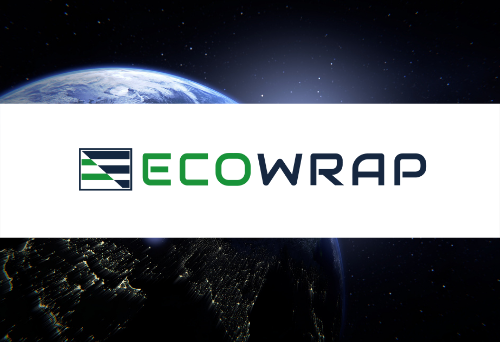Project Aasha is an annual recurrence for London Business School’s early career students. Originally founded four years ago, Aasha provides students with the opportunity to work as pro-bono consultants for Indian organizations (known internally as changemakers) that work to positively affect local communities in India. For students, it is a strong opportunity to try out the consultant working style (and many Aasha alumni indeed go into the consulting industry after graduation) and to use the skillsets they have built before and at London Business School to create an impact that matters. For changemakers, Aasha is an opportunity to have a team of talented students work on a critical challenge that the organization may not have had the capacity or capability to tackle. Aasha was founded and continues to be based on this symbiotic relationship between changemakers and students and helps advance the purpose of London Business School: To have a profound impact on the way the world does business and the way business impact the world.
The process
This academic year, project Aasha started by recruiting the teams just after Christmas. Finding the right people – and then setting the right teams – is the most critical part of the project. Candidates were all very qualified and highly motivated, so a large part of our energy was spent on matching students in the different teams based on different backgrounds, university degree, and interests. Diversity is one of the primary foci in business today and it was also a major goal to make the teams as diverse as possible. As was also given in feedback by many of the student consultants, the diversity of the teams helped achieve a number of different things: It allowed students with less experience to learn from more experienced students (and for the experienced students to take more of a coaching role), it made it possible to take advantage of the different educational backgrounds (London Business School has early career master’s degrees in management, finance and analytics), and it made it possible for students coming from different countries to give their perspectives of whether an idea that works in another country might work in India – or vice versa. Of course, the diversity of the London Business School student body made this a lot simpler.
Following the recruiting of the teams, we had a kick-off with our partner organization in India, Head Held High, which is an incubator for social impact organizations. Head Held High assists Aasha by finding the changemakers and facilitating the project. After the kick-off, each team had now been able to meet the changemaker they would work with over the next couple of months and started developing a statement of work.
Throughout the project, we facilitated a number of opportunities for the student consultants to get more formal training in addition to the informal training they got while doing the casework. Kearney held a workshop on consulting skills led by one of the original founders of Aasha and we also held another workshop in PowerPoint and presentation skills. Each student team was also connected with a more experienced MBA or EMBA student from London Business School, who they met with throughout the project for sparring.
The student consultants generally had weekly or bi-weekly meetings with their changemaker to update on them on the project, present preliminary findings, and talk about next steps. A lot of the teams also took advantage of the London Business School network by interviewing other students who might have special insights in a given sector or issue. The project officially ended in May where the student consultants gave the final presentation to their changemaker and other stakeholder on their findings and recommendations.
The impact
All of the teams were very focused not only on providing impactful recommendations on what the organizations should do but also but also on making the recommendations easy to implement, as the changemakers, like most organizations, have limited resources and have to prioritize on what to implement. This focus by the students paid off as the changemakers generally were quite impressed by the quality and scope of the solutions and recommendations presented by the students. An article about this year’s projects will be released weekly over the next four weeks:
The Wheeler Institute is inspired by the purpose and passion of our students who are focused on applying innovative thinking in the area of business for development. We seek collaborations with student clubs and initiatives that have the potential to evolve how we think about business.
Project Aasha is a social entrepreneurship project led by our Early Career students focussed on the strategy and implementation challenges of addressing poverty alleviation. This initiative is supported by the Student-led Learning team, which creates experiential learning opportunities through student leadership, in addition to their other initiatives such as the Student Leadership Incubator.




